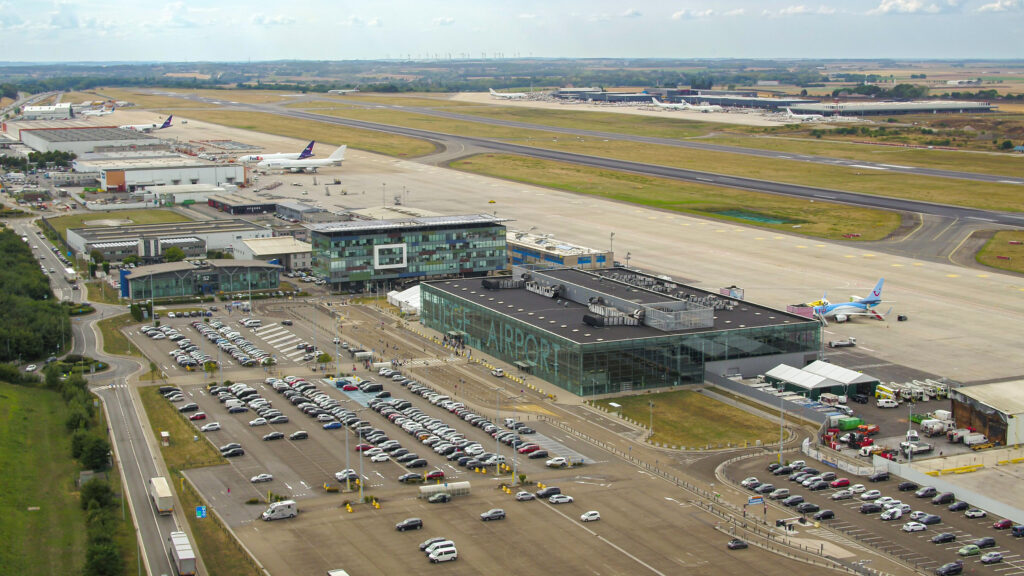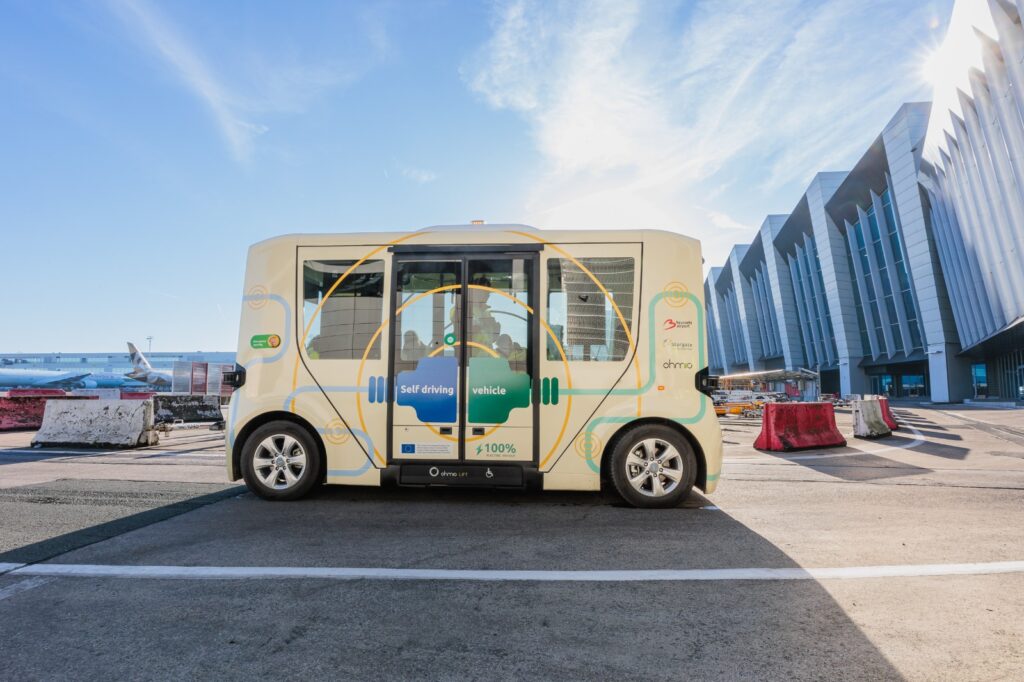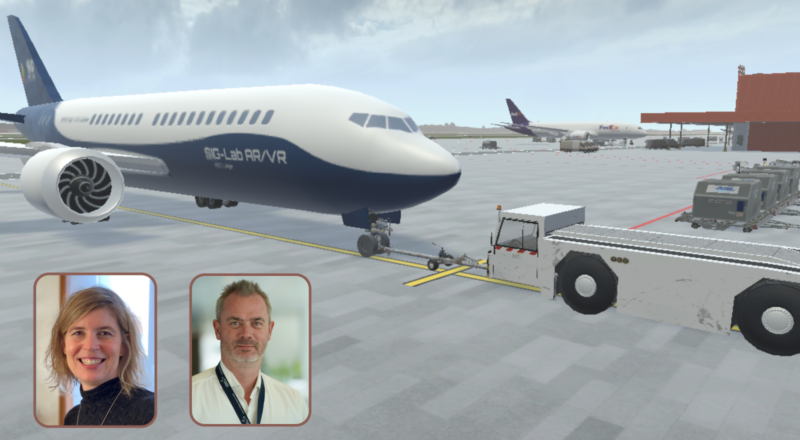
Liege Airport, the 5th largest cargo airport in Europe and 1st in Belgium, is one of Europe’s largest cargo airports.
“In terms of technology adoption, freight transport lags significantly behind passenger transport. Today, Liege Airport’s IT department is concentrating its efforts on developing data exchange and collaboration platforms so that the various parties involved in the logistics flow can benefit from the right information at the right time.”
“For example, we are deploying a goods tracking platform that integrates all stages of the goods journey, including customs checks. Traceability begins as soon as the aircraft’s flight plan is recorded. Real-time geolocation (equipment, vehicles, aircraft, etc.) is becoming increasingly accurate and will be greatly accelerated, facilitated by the arrival of 5G. It is undeniable that digitization and the adoption of artificial intelligence, and in particular AI agents, will also increase information processing capacity tenfold, while boosting operational productivity. These technological challenges play a strategic role in the airport’s operational efficiency! » Pascal Adam, IT Director, Liege Airport.

Towards innovative and more sustainable mobility
For staff (crew) transport, Liege Airport, like other airports, is interested in the 100% electric and autonomous shuttle Ohmio type (pilot project). Developed by HMI Technologies, this vehicle is equipped with advanced autonomous technology and travels across the tarmac at a maximum speed of 25 km/h, with the possibility of adapting its speed according to the environment. The vehicle is equipped with six cameras and sensors that continuously monitor and anticipate surrounding traffic, other road users, and any obstacles.

« We are very interested in new modes of transport that help to limit the environmental impact of airport operations and improve mobility in the airport ecosystem both inside and outside the airport. »
A team from Liege Airport visited Brussels Airport to discover the new vehicle in the test phase.
« The shuttle must meet very strict safety criteria and be capable of integrating into an airport environment dedicated to freight, considering the specific features of this type of activity, such as the absence of bridge, the intensity of logistics flows, and so on. The adoption of an Ohmio-type shuttle at Liège Airport is currently being studied » explains Pascal Adam.
Liege Airport Academy: innovation to enhance skills
Liege Airport Academy’s mission is to provide the best training, not only for people wishing to join the airport community (150 companies), but also for the employees of these same companies.
« In collaboration with HEC Liege and business experts, for example, we have developed training modules incorporating virtual reality (VR). Thanks to a faithful model of Liege airport, applications based on virtual reality can be used to train staff 365 days a year, eliminating the risks associated with machine handling! These training courses include snow clearance, marshalling and pushback. With Workforce Academy, we offer forklift training to Liege Airport employees and to the airport’s corporate customers. »

« The use of these immersive technologies enables learners to gain in precision and confidence, while preparing them to manage real-life situations in a 100% safe environment » explains Isabelle Perin, Head of Liege Airport Academy.
Interested in jobs and training at Liege Airport? Go to: https://www.liegeairportacademy.com
Finally, we can’t close this article on innovation without mentioning the installation (in progress) of the digital towers, an innovative and complex project that should be fully operational in 2026. « From that date, air traffic at Liège and Charleroi airports will be managed remotely from a fully digital air traffic control center in Namur. This project demonstrates our determination to use technology to support operational excellence while improving air safety. This project is an initiative of the Walloon government with the participation of SOWAER, SKEYES, Liege Airport and Brussels South Charleroi Airport » says Pascal Adam.


